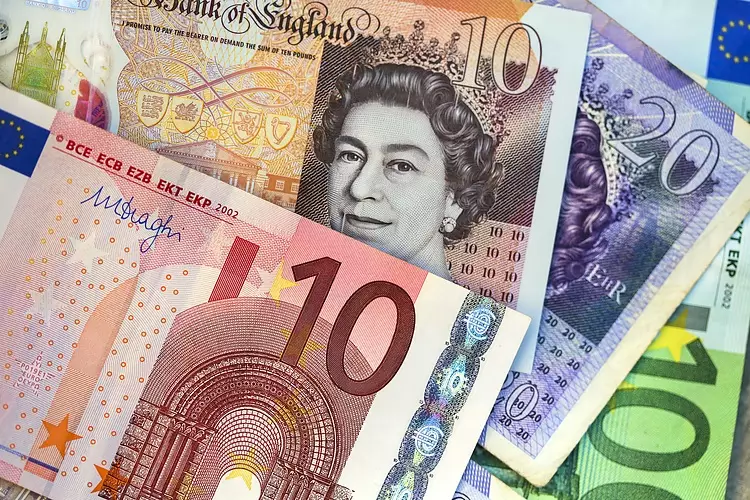The EUR/GBP cross pair is currently trading with a mild bearish bias around 0.8475 in the early European session, following the news that the UK’s Labour Party has won 337 seats in the parliamentary election. This outcome implies that the party now holds a majority in the House of Commons, which has potential implications for the Pound Sterling (GBP) in the forex market. The leadership of Keir Starmer in the Labour Party seems to be steering the party towards a significant victory in the 2024 UK election, as per reports from Reuters. This victory could provide the Labour Party with a strong mandate for governing and lead to greater political stability in the UK. However, there are concerns that the Bank of England (BoE) might start reducing interest rates from the August meeting, which could put downward pressure on the Cable.
On the Euro front, Germany’s industrial sector contraction deepened in May, with data showing that German Industrial Production for the month came in weaker than market expectations. The figure reported a 2.5% month-on-month drop in May, compared to a decline of 0.1% in the previous reading. Additionally, on an annual basis, German Industrial Production fell by 6.7% year-on-year in May. These results have led to modest losses in the Euro (EUR) as traders anticipate more cues from the Eurozone Retail Sales data, which is projected to improve to 0.1% year-on-year in May. The weak outputs from German factories have contributed to the bearish bias in the EUR/GBP cross pair.
The Pound Sterling (GBP) is one of the oldest currencies in the world, dating back to 886 AD, and serves as the official currency of the United Kingdom. It is also the fourth most traded unit for foreign exchange transactions globally, accounting for 12% of all trades. The key trading pairs for the Pound Sterling include GBP/USD (Cable), GBP/JPY (Dragon), and EUR/GBP. The value of the Pound Sterling is significantly influenced by monetary policy decisions made by the Bank of England (BoE). The BoE’s primary goal is to maintain price stability by targeting a steady inflation rate of around 2% through adjustments in interest rates.
When inflation is too high, the BoE may raise interest rates to curb it, making the UK more attractive to global investors. This can result in a stronger GBP. Conversely, when inflation is low, the BoE might consider lowering interest rates to stimulate economic growth by making credit more affordable. Economic data releases such as GDP, Manufacturing and Services PMIs, and employment figures also play a crucial role in determining the value of the Pound Sterling. A strong economy with positive data releases can attract foreign investment and potentially lead to higher interest rates, strengthening the GBP.
Another essential factor influencing the value of the Pound Sterling is the Trade Balance, which measures the difference between a country’s exports and imports over a specific period. A positive net Trade Balance, indicating more exports than imports, can strengthen a currency like the GBP due to increased demand from foreign buyers. On the other hand, a negative balance can weaken the currency. Therefore, the Trade Balance is a key indicator to watch for its impact on the value of the Pound Sterling in the forex market.
Political events such as the UK elections and economic factors like industrial production data from major Eurozone economies can significantly impact the EUR/GBP cross pair. Traders and investors need to closely monitor these developments to make informed decisions in the forex market based on both fundamental and technical analysis.

